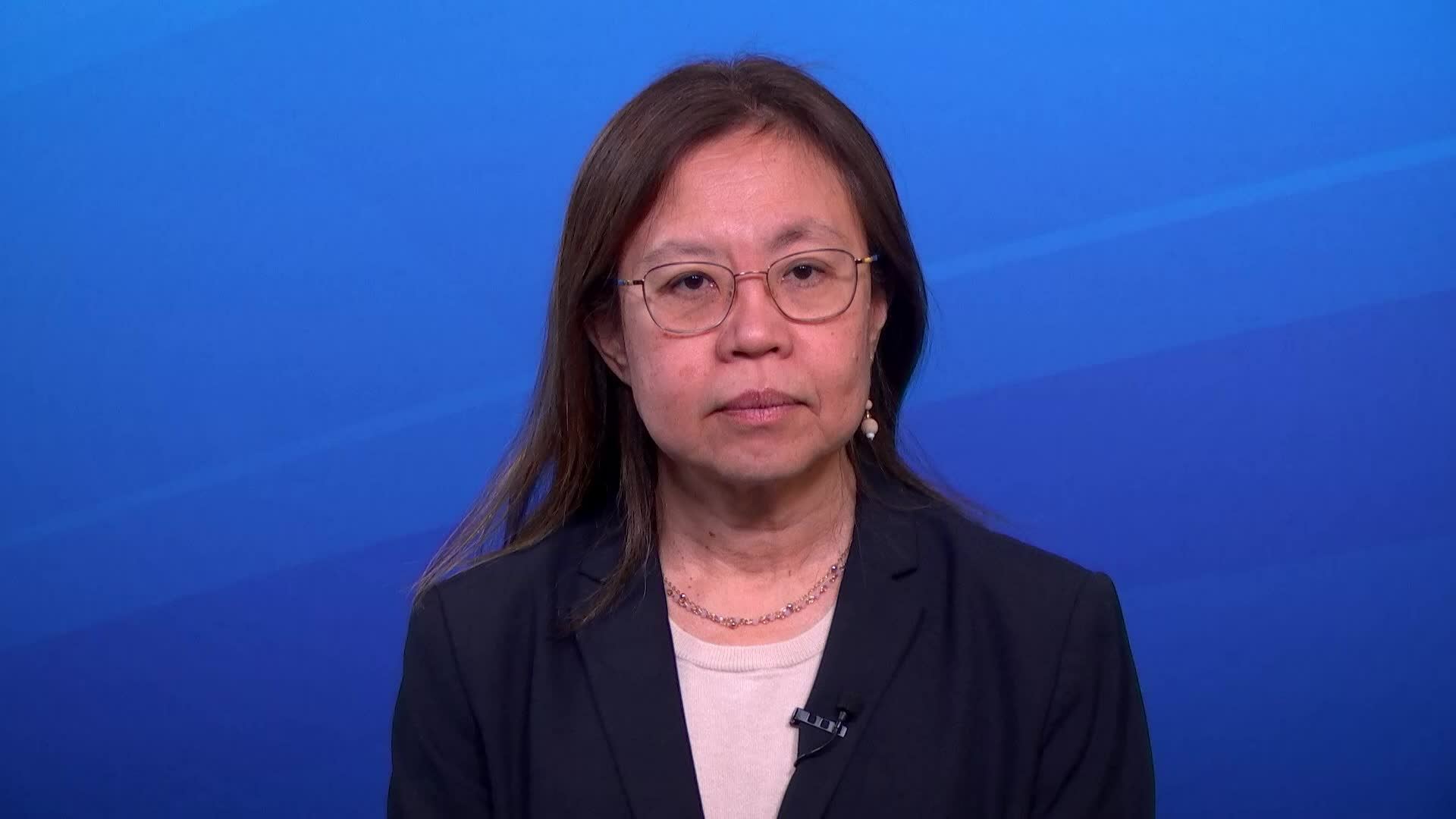The IMF Staff has completed the 2023 Article IV Mission to Indonesia from March 7-17 and at the conclusion Mission Chief Cheng Hoon Lim released a statement:
“Indonesia’s sensible, forward-looking, and well-coordinated policies helped it close out the highly challenging global environment of 2022 with healthy growth, falling inflation, and a stable and profitable financial system. The authorities used monetary and fiscal policy space flexibly to smooth the economy’s adjustment to significant global shocks, leaving the Indonesian economy well-placed for continued strong and inclusive growth.
“The economy continues to grow strongly. Buoyed by high prices for many of Indonesia’s commodity exports, GDP grew by 5.3 percent in 2022. Growth is projected to stay strong, driven by the recovery of domestic demand and solid export performance, but to moderate slightly to 5 percent in 2023, given tighter policy settings and the normalization of commodity prices.
“Risks are broadly balanced. A faster recovery in China or an easing of global inflationary pressures could strengthen demand for Indonesia’s exports. On the other hand, a sudden tightening of global financial conditions or a global slowdown that weaken the trade balance could put pressure on the rupiah. An intensification of geopolitical tensions could disrupt supply chains and reinforce inflationary pressures.
“With the 2022 budget deficit coming in at 2.4 percent of GDP, the IMF team applauds the authorities’ attainment of the 3 percent budget deficit target one year ahead of schedule. High commodity prices and strong economic growth, as well as the new Tax Harmonization Law, helped boost tax receipts, and a timely increase in fuel prices in September helped contain the rising subsidy bill. Going forward, fiscal policy in 2023 should remain broadly neutral, allowing Indonesia to continue to meet its development needs while maintaining policy credibility.
“Bank Indonesia has been vigilant in monitoring inflation developments, tightening its monetary policy stance to address inflation risks. The policy stance today is broadly neutral, and appropriate. Inflation is expected to return to Bank Indonesia’s target range in the second half of 2023, but the BI should stand ready to act decisively should price pressures reemerge. As the economy normalizes, the BI could take further actions to enhance monetary policy effectiveness. The BI’s conclusion of primary market purchases is to be commended. As in the pandemic, such purchases should be confined to periods of serious market dysfunction, time-bound, and at pre-announced amounts, with a clear timeline for exit. This will help preserve the BI’s independence and operational autonomy. Reinstating and improving surveys on inflation expectations would provide more clarity about price dynamics and inform policy making.
“The financial system appears to be resilient. Banks enjoy strong buffers and credit growth has been robust. As systemic risks moderate, it is appropriate to keep the macroprudential policy stance broadly unchanged this year, with the aim of moving toward a more neutral stance in 2024. Financial supervision should remain vigilant to emerging vulnerabilities, closely monitoring the impact of higher interest rates on banks and the corporate sector. With higher levels of government debt on bank balance sheets, continued fiscal prudence and strict supervision of banks are needed to minimize risks stemming from the sovereign-bank nexus.
“Indonesia’s prudent macroeconomic management has preserved policy space and left strong buffers to respond to adverse shocks. In the uncertain global environment, policies should remain nimble and aimed toward continuing Indonesia’s strong record of economic and financial stability. The exchange rate should continue to play its role as a shock absorber, with the use of foreign exchange intervention appropriate under certain shocks and circumstances.
The government is taking steps toward climate change mitigation. Their strategy is appropriately focused on reforestation and land use, where abatement costs are low. In the long run, energy subsidy reform and carbon pricing can play an important role to change incentives in the broader economy and achieve net zero emissions by 2060.
“Advancing broad-based structural reforms that promote an enabling business environment will help raise long term growth and make it more sustainable. The government deserves credit for important legislation to reform the labor market and the financial sector. Steadfast implementation of the omnibus legislations and further reforms to reduce labor market restrictions, improve the investment climate—including by ensuring legal and policy certainty and removing non-tariff trade measures—develop human capital, invest in infrastructure, and deepen financial markets will serve Indonesia well. The authorities’ economic diversification strategy, by focusing on priority sectors downstream from Indonesia’s commodity exports, may help boost jobs and exports, and generate positive spillovers within and across sectors, as foreign direct investment brings in technology and skills that can be used to boost productivity in local industries. A regular cost-benefit analysis should inform assessments of whether downstreaming policies are working. Industrial policies should also be designed in a way that does not hinder competition and innovation, while minimizing negative cross-border spillovers. In this context, the authorities should consider domestic policies that achieve their objectives of increasing value added in production and phasing out export restrictions.
“The IMF team met with officials in the government, Bank Indonesia, Financial Services Authority (OJK), other public agencies and representatives of the private sector and civil society. The team would like to thank the authorities and other interlocutors for the frank and constructive discussions in the first in-person Article IV consultation since the end of the pandemic, as well as for excellent logistical support.”
Read more at: IMF.org/Indonesia

